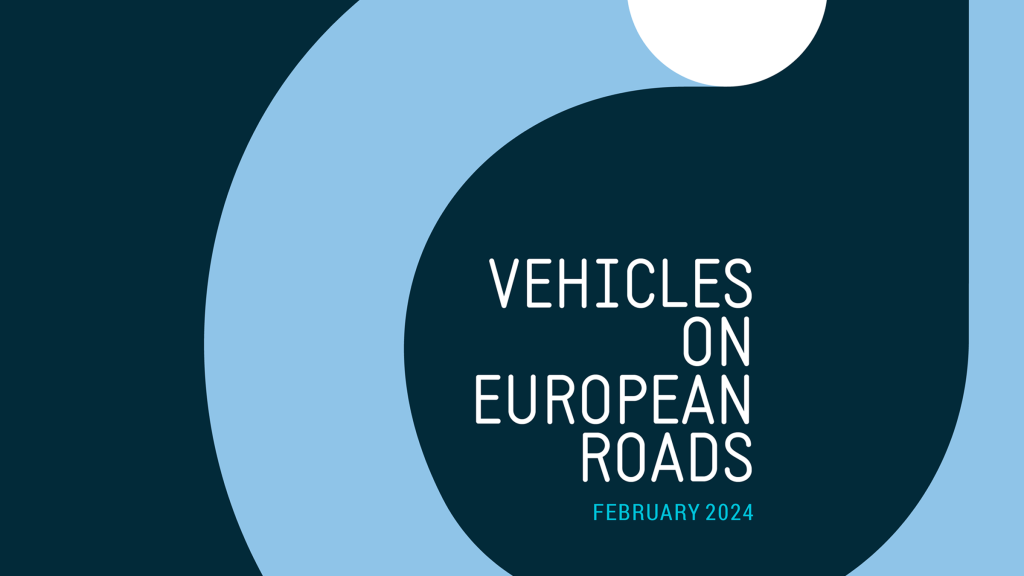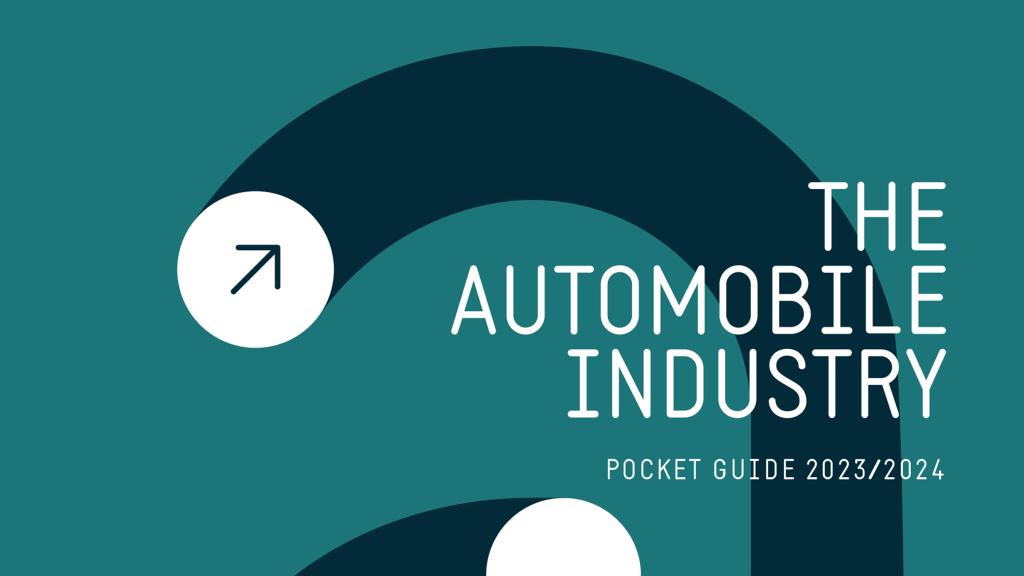Car CO2 targets: No time to waste for putting conditions for zero-emissions in place, says industry

Brussels, 27 October 2022 – Following this evening’s EU deal on CO2 targets for cars and vans, the European Automobile Manufacturers’ Association (ACEA) urges European policy makers to shift into higher gear to deploy the enabling conditions for zero-emission mobility.
The agreement between representatives of the European Commission, Parliament and Council will see CO2 emissions from cars and vans reduced by 100% by 2035, in effect banning the sale of traditional internal combustion engine vehicles.
“This extremely far-reaching decision is without precedent,” stated Oliver Zipse, ACEA President and CEO of BMW. “It means that the European Union will now be the first and only world region to go all-electric.”
“Make no mistake, the European automobile industry is up to the challenge of providing these zero-emission cars and vans,” said Mr Zipse. “However, we are now keen to see the framework conditions which are essential to meet this target reflected in EU policies. These include an abundance of renewable energy, a seamless private and public charging infrastructure network, and access to raw materials.”
Thanks to continuous industry investments, last year one in five all new cars sold in the EU had a plug. By 2030 this is forecast to rise to three cars in every five – putting the EU ahead of all other world regions.
Automakers are ready to collaborate with EU policy makers to address the significant social and industrial challenges this transformation brings. “We must now work together on policies that guarantee access to the raw materials needed for e-mobility, make electric cars affordable mass-market products, mitigate negative employment consequences, and enable European citizens to charge their electric vehicle quickly and easily,” stated ACEA Director General, Sigrid de Vries.
As part of a comprehensive industrial policy, Europe needs to build up resilient supply chains, especially when it comes to critical parts such as batteries and raw materials. Otherwise, EU vehicle manufacturers will be at a significant disadvantage compared to their counterparts from other regions – particularly in light of soaring energy prices.
ACEA’s members are calling for a robust and meaningful interim review of the CO2 regulation. This will be essential to evaluate if sufficient progress has been made in market developments, infrastructure deployment, the availability of raw materials and affordability.
Indeed, affordability risks becoming a bigger obstacle, with inflation on the rise and the price of batteries increasing for the first time in over a decade. Policy makers must therefore also address emissions from the existing fleet of vehicles on the road.
In this context, ACEA takes note that the final agreement includes references to the possible future role of renewable fuels in the transport sector. De Vries: “We believe that technology openness remains essential to retain the agility to respond to different needs and to adapt to changing circumstances. As the current energy crisis demonstrates, diversification is essential to improve Europe’s resilience.”
This extremely far-reaching decision to reduce CO2 emissions from cars and vans by 100% by 2035 is without precedent. It means that the European Union will now be the first and only world region to go all-electric.
Notes for editors
- ACEA’s full position on the review of CO2 targets for cars and vans can be found here: https://www.acea.auto/publication/position-paper-proposal-for-the-revision-of-the-co2-targets-for-cars-and-vans/.
- A fact sheet on CO2 for cars and vans is available here: https://www.acea.auto/fact/fact-sheet-review-of-co2-targets-for-cars-vans/.
- ACEA’s full position on AFIR can be found here: https://www.acea.auto/publication/position-paper-proposal-alternative-fuels-infrastructure-regulation-afir/.
- A fact sheet on AFIR for cars and vans is available here: https://www.acea.auto/fact/fact-sheet-alternative-fuels-infrastructure-regulation-cars-vans/.
About ACEA
- The European Automobile Manufacturers’ Association (ACEA) represents the 15 major Europe-based car, van, truck and bus makers: BMW Group, DAF Trucks, Daimler Truck, Ferrari, Ford of Europe, Honda Motor Europe, Hyundai Motor Europe, Iveco Group, JLR, Mercedes-Benz, Nissan, Renault Group, Toyota Motor Europe, Volkswagen Group, and Volvo Group
- Visit www.acea.auto for more information about ACEA, and follow us on http://www.twitter.com/ACEA_auto or http://www.linkedin.com/company/ACEA/
Contact:
- Cara McLaughlin, Communications Director, cm@acea.auto, +32 485 88 66 47
- Ben Kennard, Content Editor and Press Manager, bk@acea.auto, +32 485 88 66 44
About the EU automobile industry
- 12.9 million Europeans work in the automotive sector
- 8.3% of all manufacturing jobs in the EU
- €392.2 billion in tax revenue for European governments
- €101.9 billion trade surplus for the European Union
- Over 7% of EU GDP generated by the auto industry
- €59.1 billion in R&D spending annually, 31% of EU total


